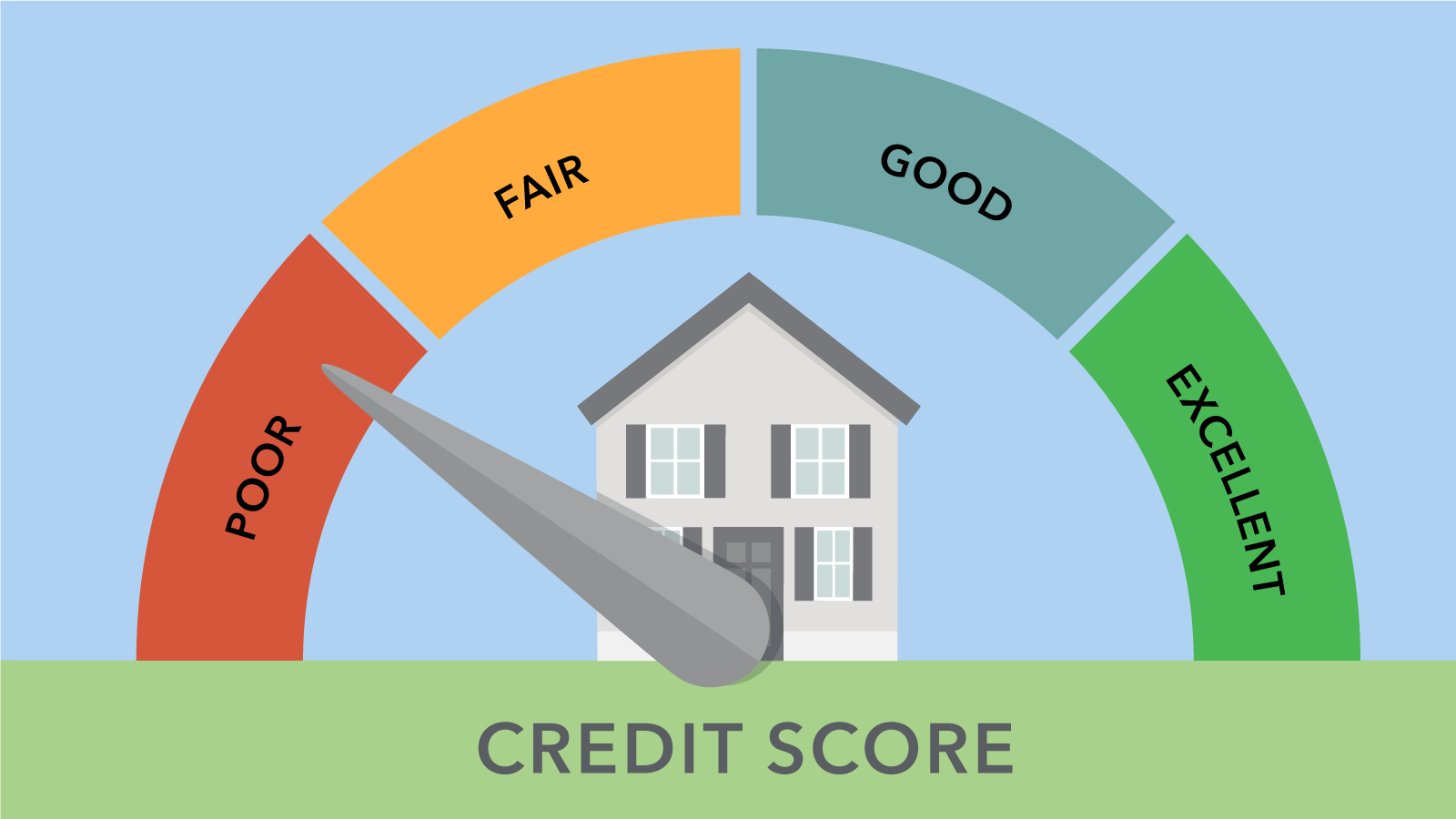The Science Behind Credit Scores and How to Boost Them
Introduction:
As a real estate agent with Century 21 Allstar Real Estate Team, I often get asked about the importance of credit scores when applying for a mortgage. Credit scores play a crucial role in determining the interest rate and approval of a mortgage, so it’s important to understand how they work and what you can do to improve them. In this article, I will provide an in-depth explanation of the science behind credit scores and share some practical tips on how to boost your credit score.
What is a Credit Score?
A credit score is a numerical representation of your creditworthiness, which is determined by evaluating your credit history and current financial situation. The most widely used credit score model is the FICO score, which ranges from 300 to 850. A higher credit score indicates that you are a lower risk to lenders and more likely to repay your debts on time, while a lower credit score suggests the opposite.
How Credit Scores are Calculated:
The exact method used to calculate a credit score is a closely guarded secret, but the FICO score considers five key factors: payment history, credit utilization, length of credit history, types of credit used, and recent credit inquiries.
Payment history makes up 35% of your FICO score and is the most important factor. Late payments, collections, and bankruptcy will have a negative impact on your score, while on-time payments will have a positive impact.
Credit utilization makes up 30% of your FICO score and refers to the amount of credit you have used compared to your credit limit. A high utilization ratio, such as using more than 30% of your credit limit, can indicate that you are struggling to manage your debt and is a red flag for lenders.
Length of credit history makes up 15% of your FICO score and refers to the amount of time you have had credit accounts. A longer credit history demonstrates a track record of responsible borrowing and shows lenders that you are a more stable borrower.
Types of credit used make up 10% of your FICO score and refers to the different types of credit you have, such as mortgages, credit cards, and auto loans. A mix of different types of credit can show lenders that you have experience managing various forms of debt.
Recent credit inquiries make up 10% of your FICO score and refers to the number of credit checks made in the past two years. Too many recent inquiries can indicate that you are taking on too much debt and can negatively impact your score.
Tips to Boost Your Credit Score:
1. Pay your bills on time: Late payments are the most damaging factor to your credit score, so it’s essential to make all payments on time.
2. Keep your credit utilization low: As mentioned, a high utilization ratio is a red flag for lenders, so try to keep your credit utilization below 30%.
3. Don’t close old credit accounts: Length of credit history is a key factor in your credit score, so don’t close old credit accounts that you have had for a long time.
4. Diversify your credit mix: Having a mix of different types of credit can show lenders that you have experience managing various forms of debt.
5. Limit credit inquiries: Too many recent inquiries can negatively impact your credit score, so be selective about applying for new credit.
Conclusion:
Credit scores are a critical aspect of obtaining a mortgage and getting the best interest rates. Understanding the science behind credit scores and taking steps to improve them can make a significant impact on


 Facebook
Facebook
 X
X
 Pinterest
Pinterest
 Copy Link
Copy Link


